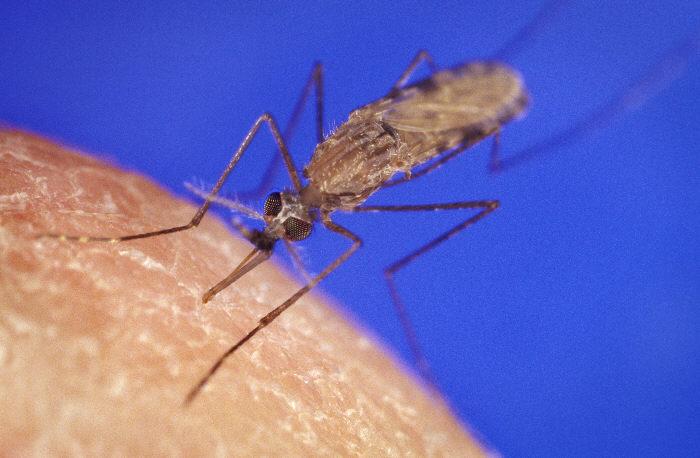An article analyses the ethical challenges of extinguishing species through genetic modification
New gene editing technologies, such as gene drive tools, open the door to deliberately extinguishing species. An analysis article published in Science examines the ethical implications of this possibility based on three specific examples: the eradication of rats, the cattle barren worm, and the Anopheles gambiae mosquito, which transmits malaria. The analysis attempts to answer the question: ‘When and under what circumstances could the intentional eradication of a species be justified?".

Marc Güell - extinción especies EN
Marc Güell
Coordinator of the Translational Synthetic Biology research group and full professor at Pompeu Fabra University (UPF)
I find this a very interesting and timely reflection. We have increasingly robust tools for ecosystem engineering with growing precision. It is very important to advance the discussion on how to use these technologies responsibly.
Almost all of us are very proud of having eradicated smallpox. Obviously, this could be considered a loss of biodiversity. In any case, it is very important to carefully analyse the role of the specimen in the ecosystem and the corresponding impact. The cases of the livestock warthog worm (Cochliomyia hominivorax) and the Anopheles gambiae mosquito are discussed because of their negative impact on animal and human health, and it is concluded that forcing extinction seems justifiable. In contrast, only local extinction is seen as potentially justified for rats.
[Regarding possible limitations] This is a highly complex issue. It is not easy to predict the consequences for ecosystems, and it is clear that these interventions carry risks. However, the pressure of harm by omission is also very great and obvious in the case of malaria, which continues to kill so many people every year.
Ricard Solé - extinción especies EN
Ricard Solé
ICREA research professor responsible for the Complex Systems Laboratory at Pompeu Fabra University and the Institute of Evolutionary Biology (UPF-IBE) and researcher at the Santa Fe Institute in New Mexico (United States)
"It is important work because the 21st century is (among other things) the century in which modifying living systems is already a reality and, at the same time, we are faced with diseases and ecological problems that have not yet been solved. These include the pathogens or invasive species mentioned in the article. When humans are the target species, the idea of deliberate extinction seems reasonable".
Is this a good article?
"It is certainly important to discuss the issue, and I think it considers all angles".
How does it address the opportunities and problems of these techniques?
"The problem is clearly interdisciplinary: it affects aspects and scales ranging from genetic engineering to ecology to ethical dilemmas".
Are there any important limitations to consider?
"Perhaps it does not take into account some lessons from the past that have to do with the effects of human-caused extinctions throughout recent history. One example would be the disappearance of the passenger pigeon in the United States, which was the most abundant bird in the country (with millions of individuals) and was hunted to complete extinction. Although its disappearance led to some changes in ecosystems, these were offset by other species that filled the gap left by the extinct species".
Kaebnick et al.
- Research article
- Opinion
- Peer reviewed



